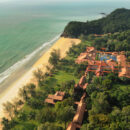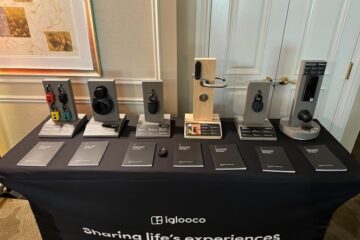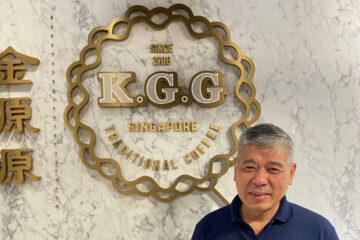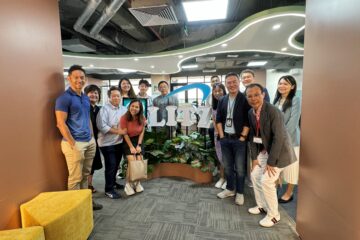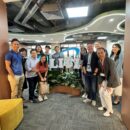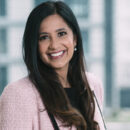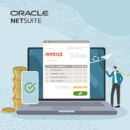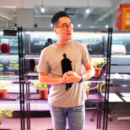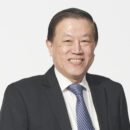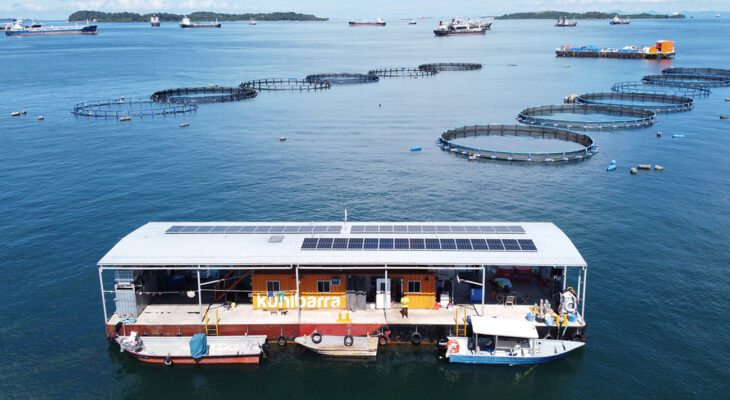
Renewing A Family Business
Robin Pho transformed his family’s oil- and gas-related business into a thriving clean energy enterprise.
Based in Singapore and Indonesia, Right People Renewable Energy (RPRE) helps off-grid communities make the switch from fossil fuels to solar energy. As these communities are in remote locations with no reliable electrical grids, they often generate energy using diesel generators that cause pollution.
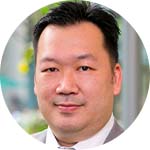
RPRE, the only certified B Corporation in renewable energy in Southeast Asia, was founded by Mr Robin Pho after he took over his family’s business of supplying manpower to the oil and gas sector in Indonesia.
Certified B Corporations are businesses that meet the highest standards of social and environmental performance, public transparency, and legal accountability. These businesses are certified by B Lab, a non-profit organisation that balance purpose and profit.
Mr Pho believes in conducting business with integrity, respect, and professionalism, so that “we can play the long game together”. BiZQ speaks with Mr Pho about why he decided to build a renewable energy business, the challenges he faced, and how he measures success.
What was the rationale for starting RPRE?
From a very young age, I have always been known as a tree hugger and animal lover. During that time, my family business supplied manpower to the oil and gas industry in Indonesia, and as a child I would follow my father to these exciting, remote places. I saw how beautiful the world was and I wanted to help preserve that.
When my dad had a heart attack in 2008, I was working in a bank but felt it was my duty to return to serve the family business. When my father passed away in 2014, I started to seriously think about what I wanted to do with the rest of my life, and I realised that renewable energy is what I wanted to focus on.
We did not understand the nuances of renewable energy at the time, but we understood the Indonesian market. Thus, we started to pick up skills in renewable energy, focusing on Indonesia as a market, while using Singapore as our finance and knowledge base.
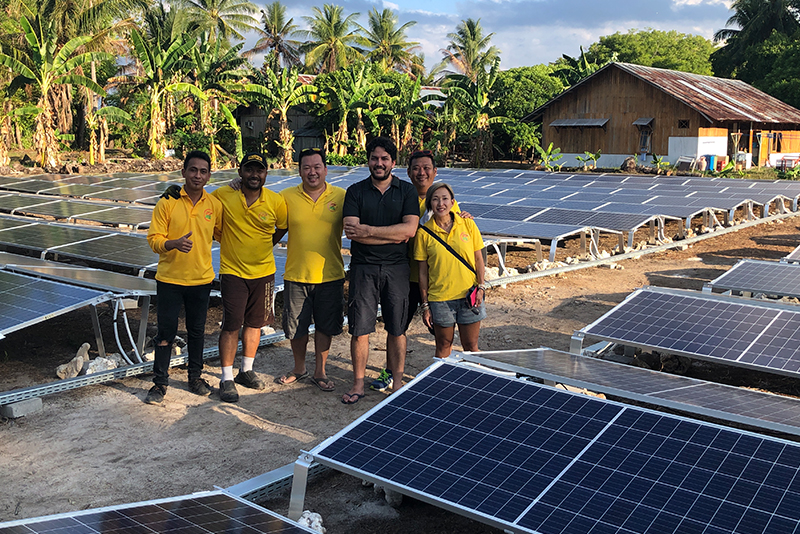
How did you convince communities in Indonesia about the need to switch to renewable energy?
In the solar space, there are two categories of customers – those who use power from the electrical grid, and those who are in the off-grid space, using fossil fuels with diesel generators.
We focus primarily on those in the off-grid space. The work is tougher, but the rewards are much higher. These users in off-grid communities are spending so much on the energy source that it makes good business sense for them to switch to renewable energy. So, it is quite easy for us to convince them. The only issue is that they cannot really afford the capital expenditure. We solve this problem by getting financing for them, either working with the banks or with impact investors.
For the dive resort project that RPRE did in Manado, North Sulawesi, we used our own funds to pay for everything upfront, and the clients repaid us in monthly instalments over the next five years. However, that meant our funds were stuck there for the duration. To overcome this issue, we decided to monetise future cash flow by issuing a mini green bond to impact investors. This provided us with funds liquidity so that we can work on other projects.
What do you think is your company’s competitive advantage in the renewable energy space?
Many Singapore companies are technically strong, but do not possess practical experience in Indonesia like RPRE.
While we are fairly new to renewable energy, we are very familiar with Indonesia. For example, we know that it takes you 15 hours to get from one side of the country to the other, we have people that also speak the national language of Indonesia, as well as Javanese and other local dialects.
Many companies in Indonesia also do not have financial backing or access to impact investors. As we can supply not just a technical solution, but also a financing solution, this makes our business a lot more attractive to these companies.
How do you measure success in your projects?
Our bottom line is really a triple bottom line of People, Planet, and Profit. In terms of People, we make a holistic effort to help the residents on our project sites.
For example, for our dive resort project, we engaged the local villagers, primarily men, to work on the project. However, we realised that even though these men were the direct beneficiaries of the high incomes we provided, it was the women who were taking care of their needs. To promote inclusivity, we reached out to these women and provided them with opportunities to be involved in the project as well. We also brought toys and clothes through donations from Singapore and share it with them.
As for the planet, renewable energy speaks for itself, as our solutions help to cut down on the emissions and noise from diesel generators. And of course, the profits we reap help to drive the growth and sustainability of our business, and keep our workers gainfully employed.
Internally, we strive to be an inclusive employer. For instance, our finance manager and despite being hearing-impaired, is a certified accountant and is crucial to keep our accounts in order. We also have an architect in our team, who uses a wheelchair due to rickets, but strengthens our team with his Indonesian language capability and systematic and disciplined work ethic. We have also engaged a refugee from Afghanistan in our Jakarta office, who has been an intern with us for two years (because officially refugees are unable to get a work permit) and is still a core part of our team.
Are there any exciting projects you are currently working on?
A great project that we are working on is for the world’s first floating hospital in Indonesia by a non-governmental organisation (NGO) called doctorSHARE. The hospital runs on diesel generators. We want to help them install solar panels and batteries so that when they go to a remote area, they are not limited by the amount of fuel they have in the tank. The hospital can stay in one location for months to serve the remote communities longer.
As doctorSHARE is sustained by donations and goodwill, it needs to be prudent and balance the cost with what is needed to pay for its staff salaries and purchase of medical equipment. We are very excited to support this project, and we have managed to raise US$400,000 in financial commitment from impact investors who are charging zero interest. This really validates that there are people committed to achieving pure social impact, and to use business as a force for good.
Connect with us Today!
GlobalConnect@SBF, an initiative by SBF and supported by Enterprise Singapore to help businesses expand globally, worked with RPRE on “Financing for Solar Projects”, a webinar that attracted around 430 attendees from 14 countries. Through this webinar, GlobalConnect@SBF linked RPRE to several partners and opportunities in Indonesia and the region. Visit here to learn more about GlobalConnect@SBF and its programmes. You can also watch the complete webinar session here.



